Hi all,
I was wondering if anyone had some (additional) tips on how to practice structuring a case, it is the part of the case that does not come particularly natural to me and need LOTS of practice.
What I've done so far:
- Take newsarticles (M&A, New Market entries etc.) and put down the structure for that case with the information provided.
- Use bulletpoints in my every day communication as much as possible
Does anyone have other tips? Thank you in advance!
(edited)




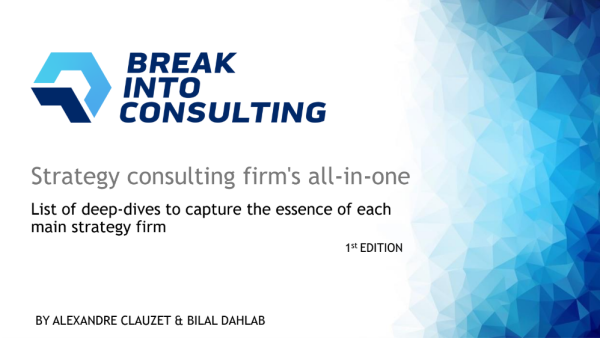
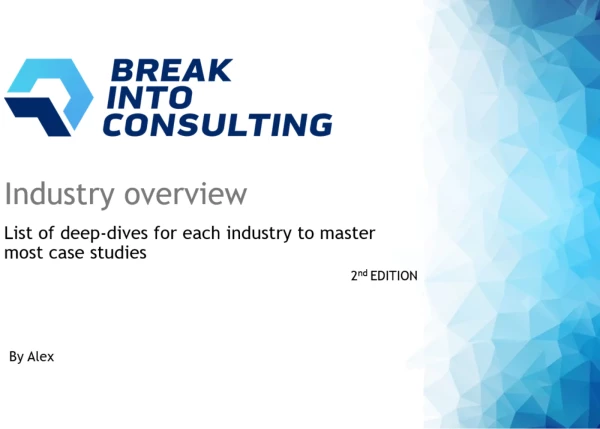
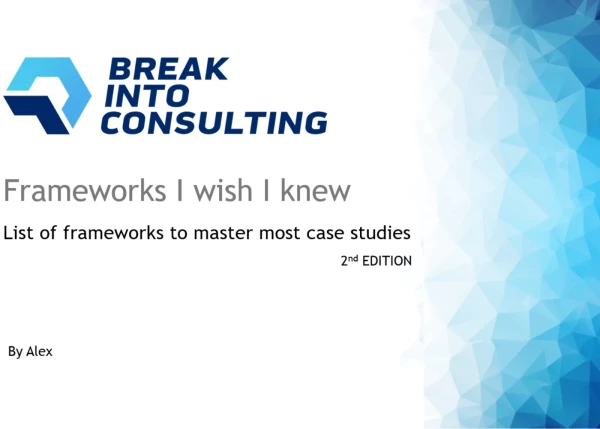
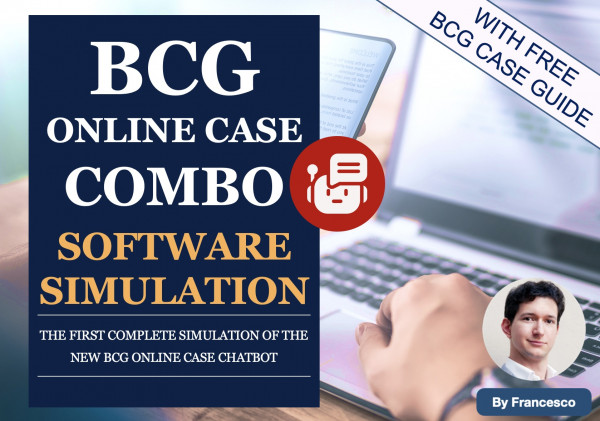



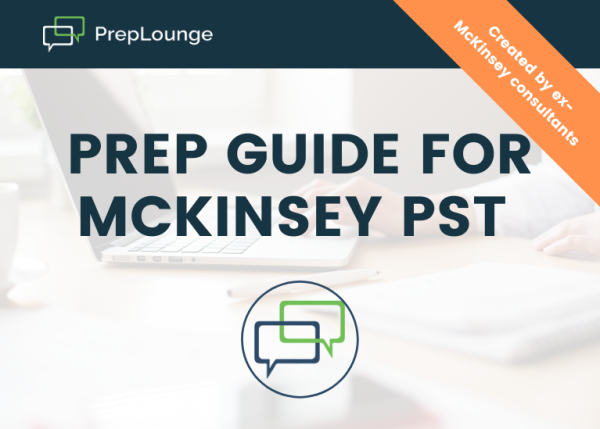
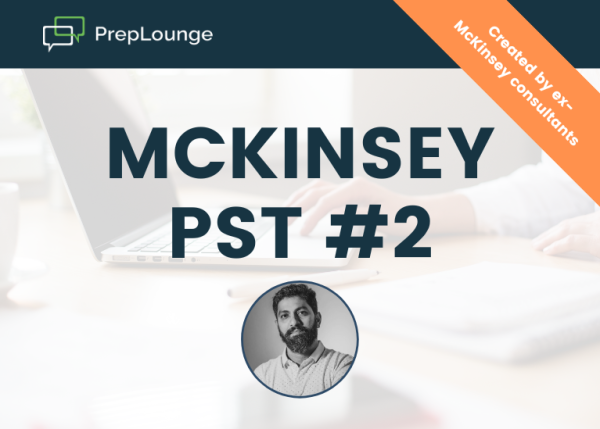
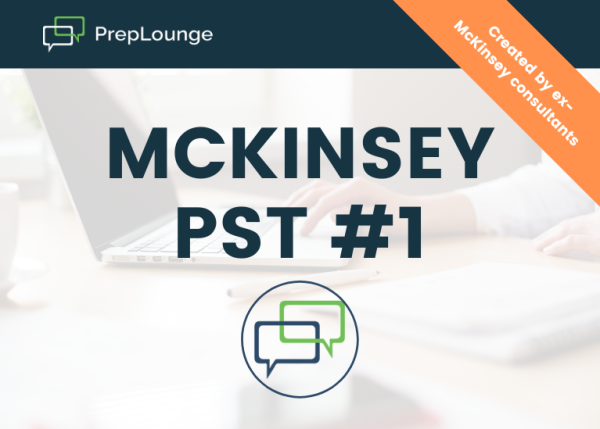
Hi Vlad, thank you for your response, very helpful!
(edited)